Waste at the National Theatre
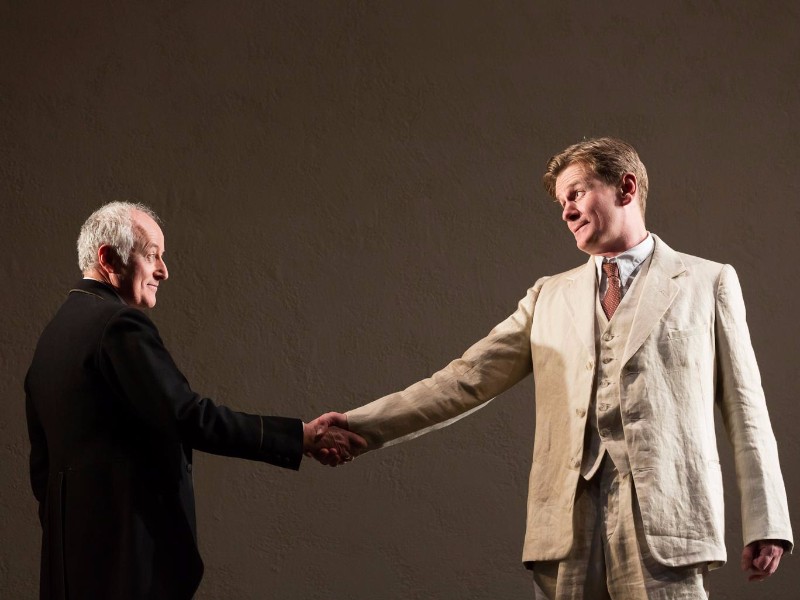
Harley Granville Barker’s political satire is revived once more for the London stage, a commentary on society and gender that unfortunately loses some of its subtlety to its apparent timelessness.
Waste discusses love, power and egotism on a scale that seems preoccupied with reducing their worth collectively and individually. The theatre and the stage are packed, particularly in Act One where there seem to be more people on the stage than off. The house lights are only dimmed during the performance to emphasise the audience’s worthlessness to lead Henry Trebell, to whom all fellow cast members are superfluous. He has his mind fixated on the greater good: a bill for the disestablishment of the Church of England. Henry is so central that all the other characters appear liminal, floating on and off the stage as if only there to change the set.
This slow-moving and understated play, which at times doesn’t seem to be going anywhere, relies on the lack of dynamic relationships between characters to provoke thoughts on cause and consequence. The purposeful absence of theme hinges on the idea of personality and of individual culpability, leaving one wondering how Henry would have fared today with a spin-doctor in tow.
At one point, Henry is told that his “heresy has its fascinations”, and so too does Waste. It is a superbly acted, superbly dressed (both actors and stage) and superbly thoughtful production, but its attempts at ambiguity come out as vaguely nuanced hyperbole. Much of this, however, is necessary to the play: a work about bombast and superficiality concealing darker, and even fatal, truths.
Nevertheless, it is the way that the production plays the irony of the title and its implications which holds a fascination strong enough to keep people flocking to the National Theatre. It is for us to decide how the play defines the word “waste”.
Mimi Biggadike
Photo: Johan Persson
Waste is on at the National Theatre from 3rd November until 19th March, for further information or to book visit here.

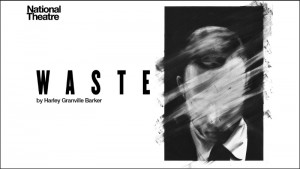
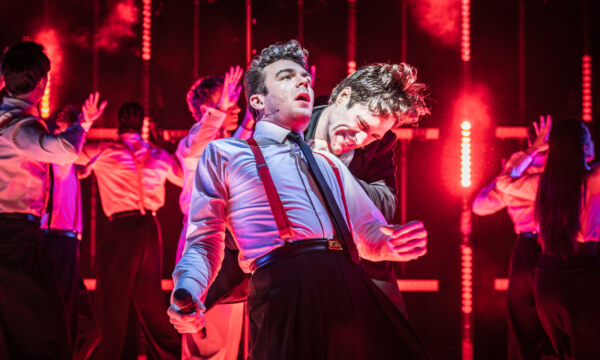
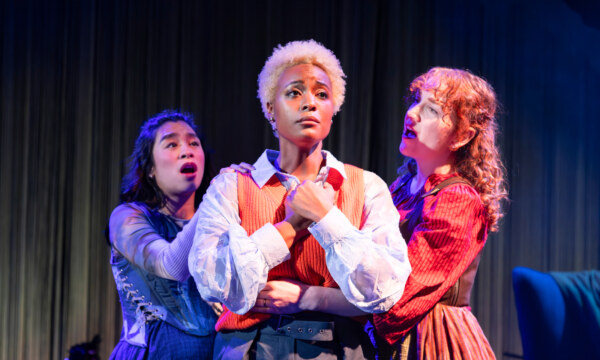
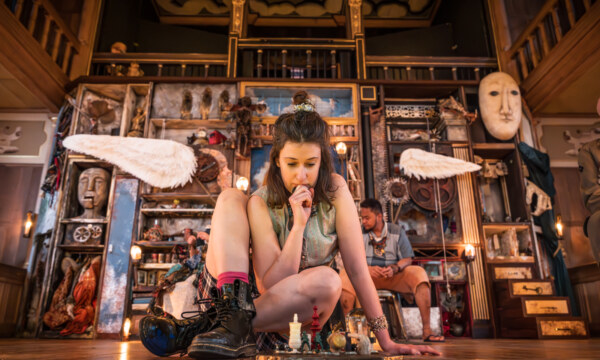
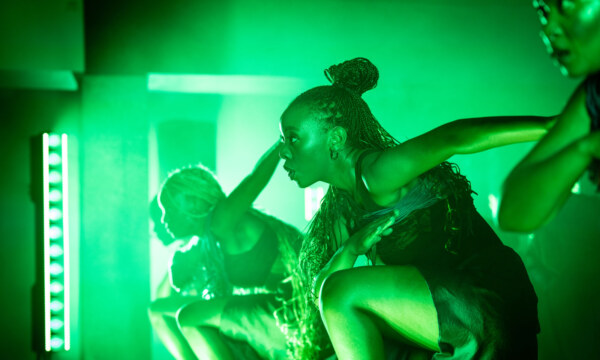
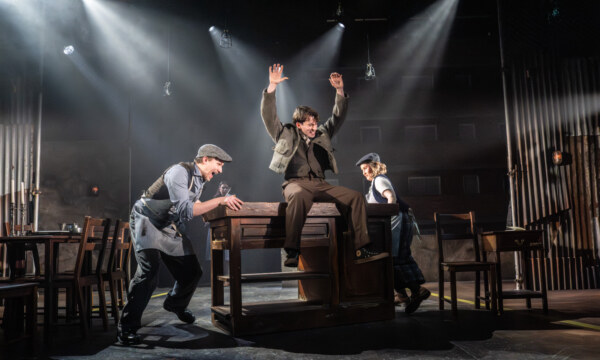
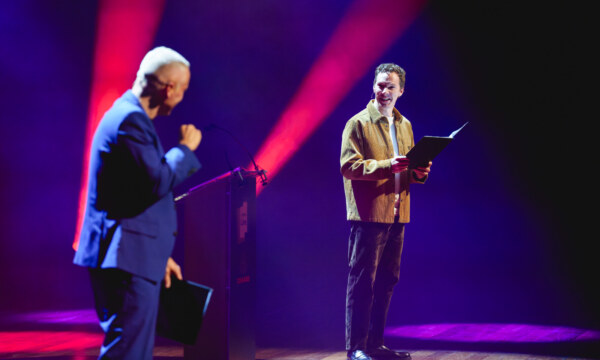
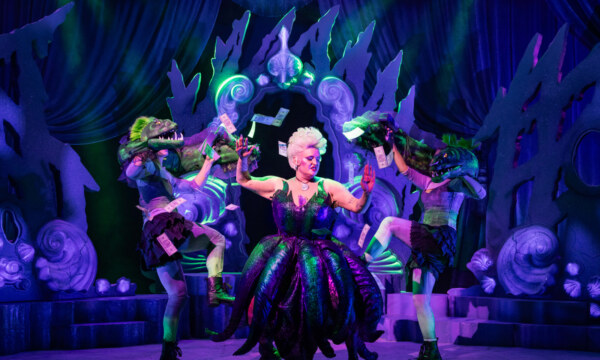
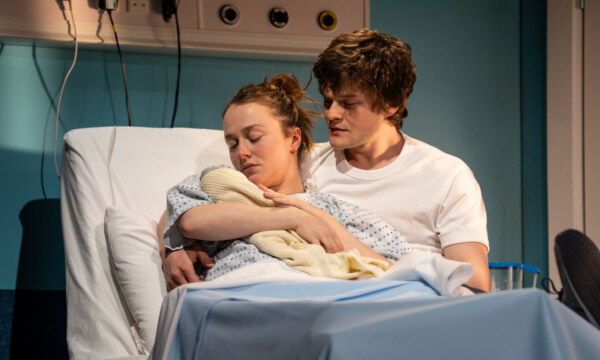
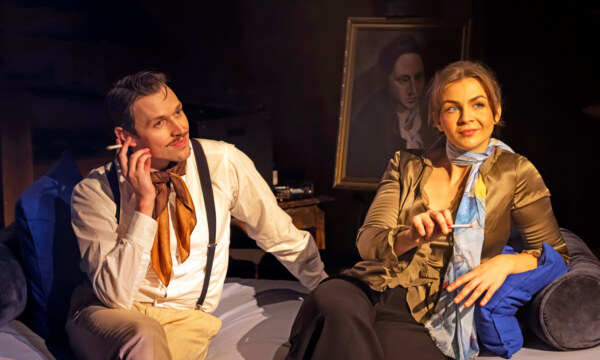


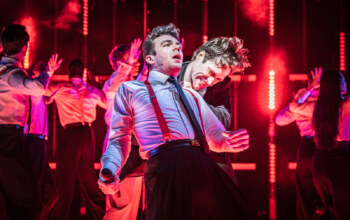
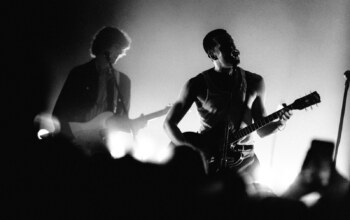
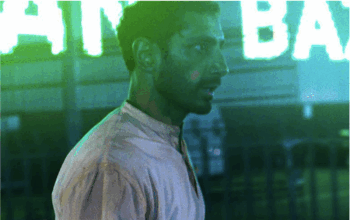





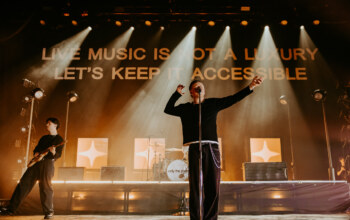
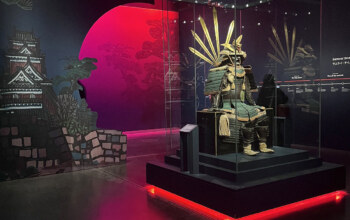



Facebook
Twitter
Instagram
YouTube
RSS